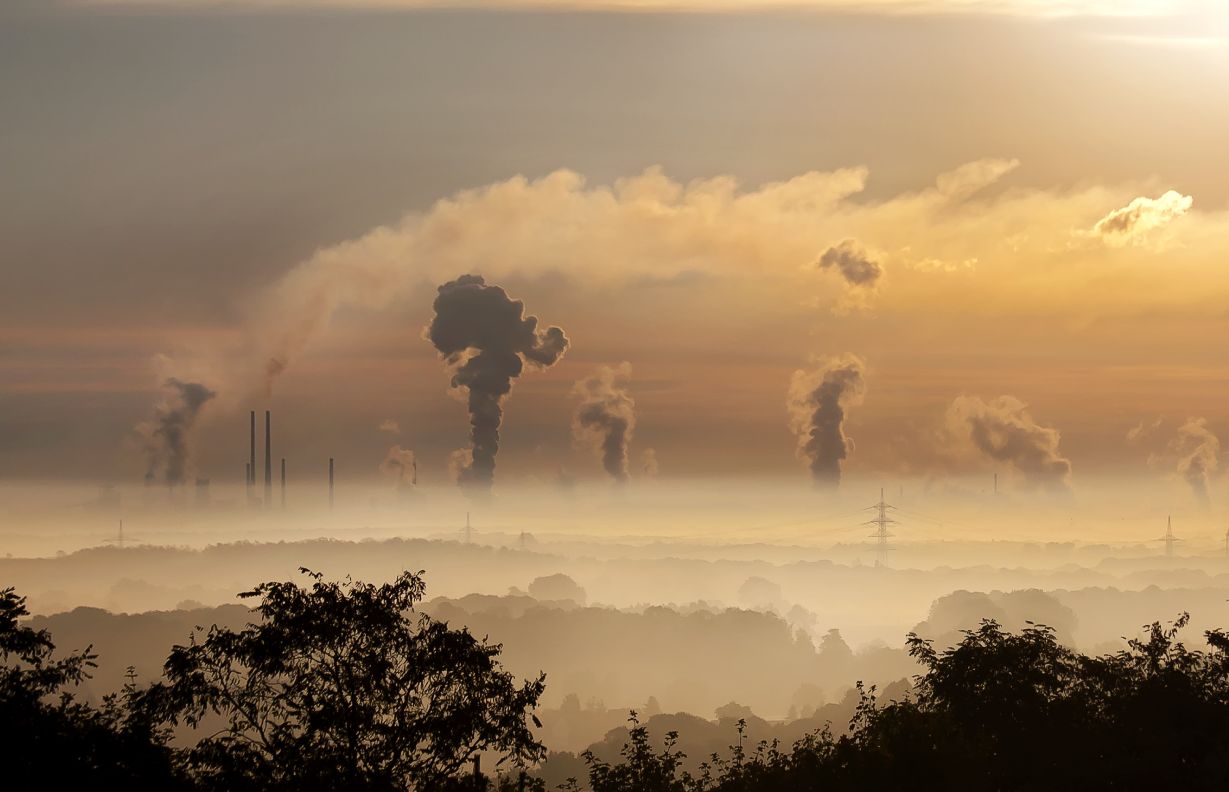Welcome to the October wormfood. Some of the remarkable things that happened over the last month: Africa is threatened by pollution more than malnutrition. Discover how Airbnb is promoting solar energy and sustainable cotton is spreading into the global market. Electricity could be stored in hot water while Venus could give home to human life. Read all about it in this wormfood. Want to get it first? Make sure to Subscribe.
Global News
- Air pollution more deadly in Africa than malnutrition. Africa’s air pollution is causing more premature deaths than unsafe water or childhood malnutrition and could develop into a health and climate crisis reminiscent of those seen in China and India, a study by a global policy forum has found.
- Trade in Services Agreement. WikiLeaks releases new secret documents from the controversial Trade in Services Agreement (TiSA) currently being negotiated by the US, EU and 22 other countries that account for over 2/3rds of global GDP. TiSA is the largest multinational trade agreement. The global economy is shifting towards a service-oriented economy.
- Melting glaciers in Bolivia could wash away towns. Climate change has caused mountain glaciers in the Bolivian Andes to retreat by 43 percent between 1986 and 2014, threatening rural and urban populations alike, in South America's poorest country.
Energy & Environment

- Thousands of rainbow trout escape into Danish sea after ship crash. Danes have been encouraged to take up their poles and start fishing, as the trout could damage the sea habitat. "Sea trout are currently coming up into Funen streams to spawn, and sea trout eggs are a favorite food for rainbow trout". The Copenhagen Post reported Knabe as saying.
- Snow leopards endangered. Hundreds of snow leopards are being killed every year across the mountains of central Asia, according to a new report. Over half the so-called “ghosts of the mountains” are killed by farmers in retaliation for attacks on livestock, other 20% are killed for the illegal fur trade. Another report warns that hundreds of mammal species are being eaten into extinction by people.
- Storing solar electricity as hot water: the Sunamp heat battery. As solar power and other intermittent renewable technologies become more commonplace, energy storage is going to become an ever bigger priority. While many companies are exploring conventional battery technologies, others like UK-based Sunamp, have a slightly different approach: why not use excess solar electricity to meet a home's hot water and even space heating needs?
Business & Economy

- Sustainable cotton at accessible prices. Cotton, the most widely used natural fiber, is considered the world’s dirtiest crop because of its heavy use of pesticides, its cultivation accounts for 17.5 percent of global insecticide sales. Over the past nine years, Ikea, Zara-parent Inditex, and H&M, among others, have signed on to the Better Cotton Initiative (BCI), a coalition of farmers, garment makers, and retailers committed to producing and using sustainable cotton at accessible prices.
- The Green Climate Fund (GCF) has reached a new milestone. GCF Board approves USD 745 million in funding proposals. The money will support 10 projects and programmes with total value of USD 2.6 billion, and will help 27 countries across the globe to reduce their emissions and adapt to the impacts of climate change.
- SolarCity partners with Airbnb to offer solar power rebates. Airbnb has long touted their sustainability street cred. Now, the short-term lodging service is going a step further by partnering with SolarCity. The American clean power provider, which recently merged with Tesla Motors, is offering Airbnb hosts up to $1,000 in cash for installing solar power systems on their rooftops. In addition, Airbnb hosts who are also SolarCity customers will score a $100 Airbnb booking credit.
Science, Technology & Design

- First-ever passenger train powered completely by hydrogen. The hydrogen train or “hydrail” will be put into service on a German line in Lower Saxony by December 2017.
- Drones begin blood deliveries in Rwanda. The Rwandan government is partnering with drone company Zipline along with support from UPS, Gavi and the Vaccine Alliance to deliver aid quickly when it's needed.
- Training for the future. The artificial intelligence on our phones and computers already exists. Talking to Siri, Cortana, Alexa, or most recently Google’s Assistant can be fun, but these disembodied virtual assistants don't have a face. Researchers at the University of Leeds (UK) have been looking into an alternative to this, by taking a TV show character and making them into a virtual avatar.
Urban Environment

- A library that brings books by sailboat. A ground-breaking floating library travels along Indonesia's coast. In West Sulawesi, Indonesia, more than 10% adult population cannot read, while in many villages the only book available is a solitary copy of the Quran.
- Little house in Norway is part of a bigger idea. Bygda 2.0 or Village 2.0 is a rural development project in Norway, "focusing on developing modern Norwegian houses in a dynamic context combined with spaces for businesses and research activities. It will be a place to live, work and enjoy."
- Newly discovered link between two faults. San Francisco is expected to be hit with a 6.7 magnitude or higher earthquake before 2032, according to the US Geological Survey (USGS). But USGS scientists just discovered that two fault lines in the area are connected, which could make a Bay Area earthquake much worse.
Unexpected and Intriguing

- The amazing cloud cities we could build on Venus. It’s hot enough to melt lead, the acid rain will scorch the flesh from your bones. So how could we ever possibly hope to live there? The key is to avoid the surface. Some 50 kilometres (30 miles) above the surface, Venus is surprisingly hospitable. Venus might be the off-world destination of choice for future space colonists.
- If Planet Nine Is Out There, It Tilts Our Solar System. Earlier this year Michael Brown, a professor of planetary astronomy at the California Institute of Technology, presented evidence that there may be a massive planet beyond Neptune orbiting the sun, the so-called Planet Nine.
See a news item suited for Wormfood, or a theme for a newsletter? Let us know, we'll do our best to make some magic happen!
Nov. 11, 2016

